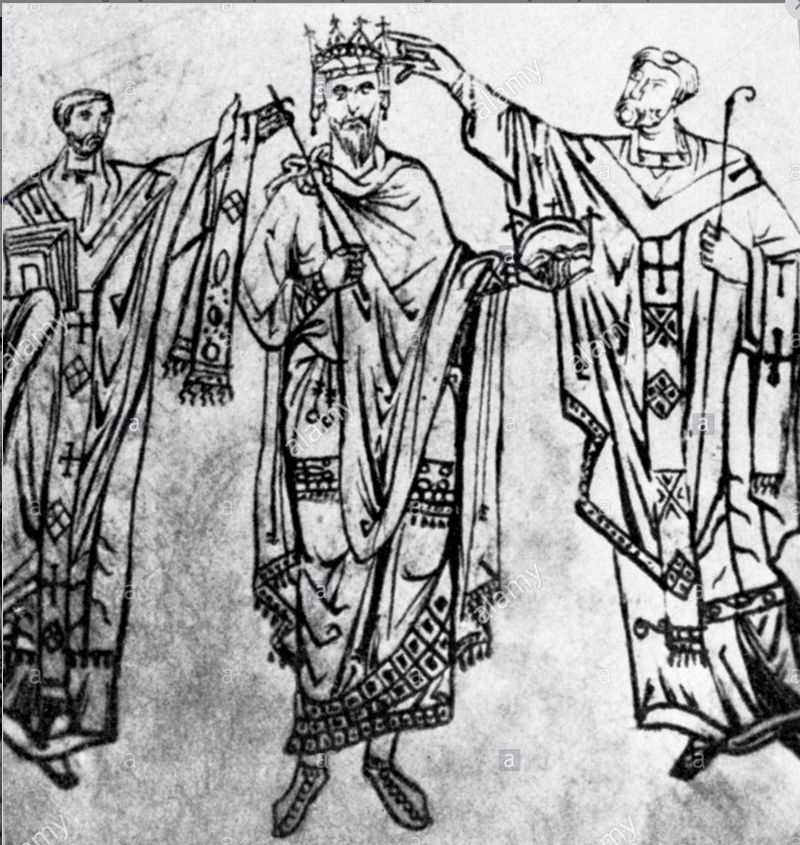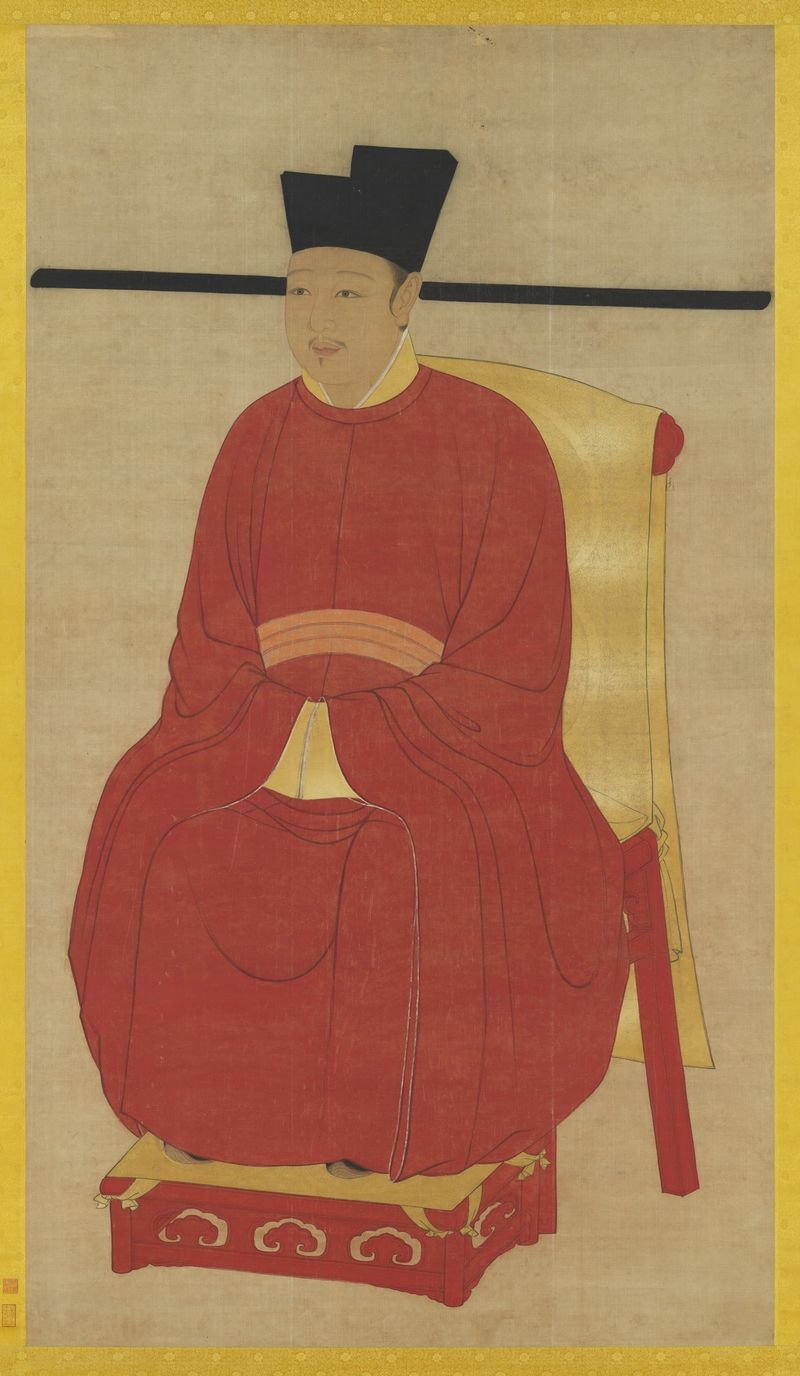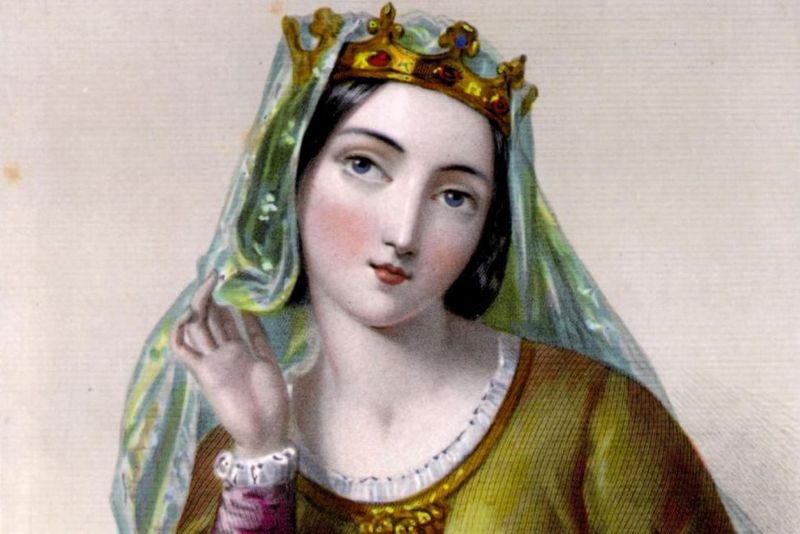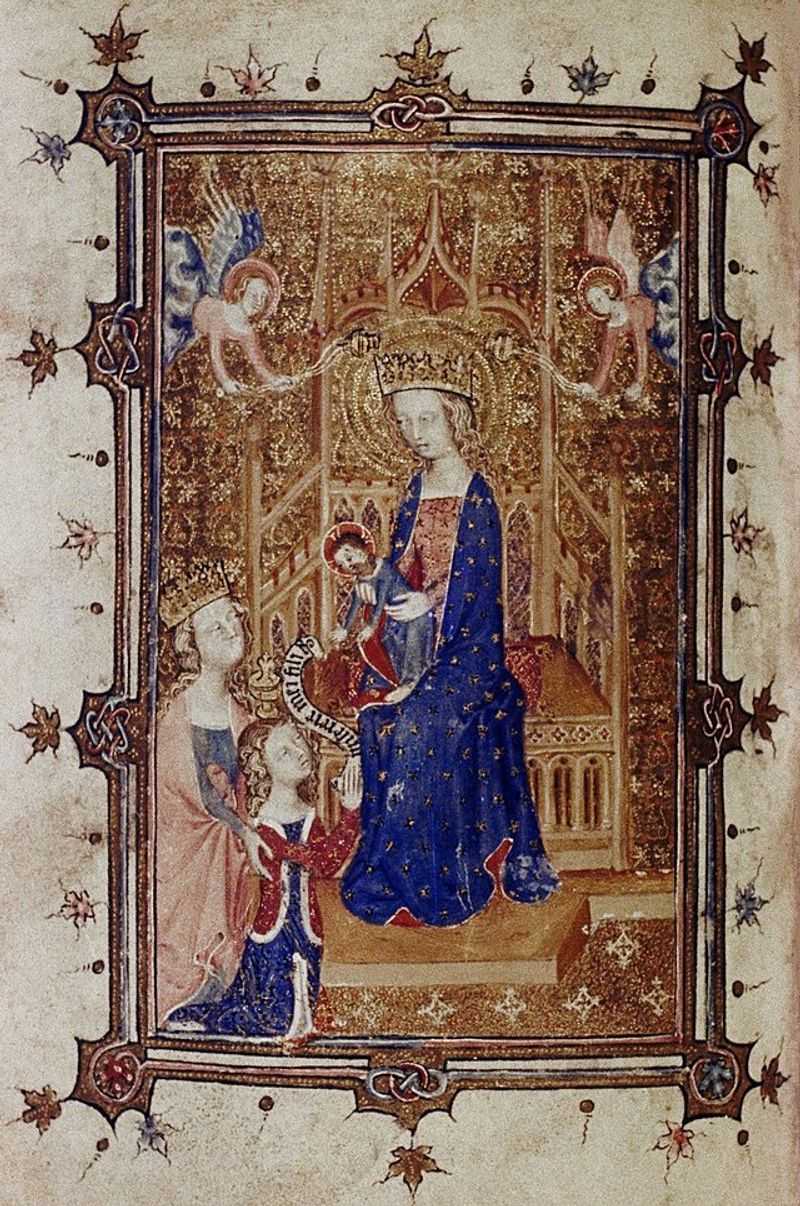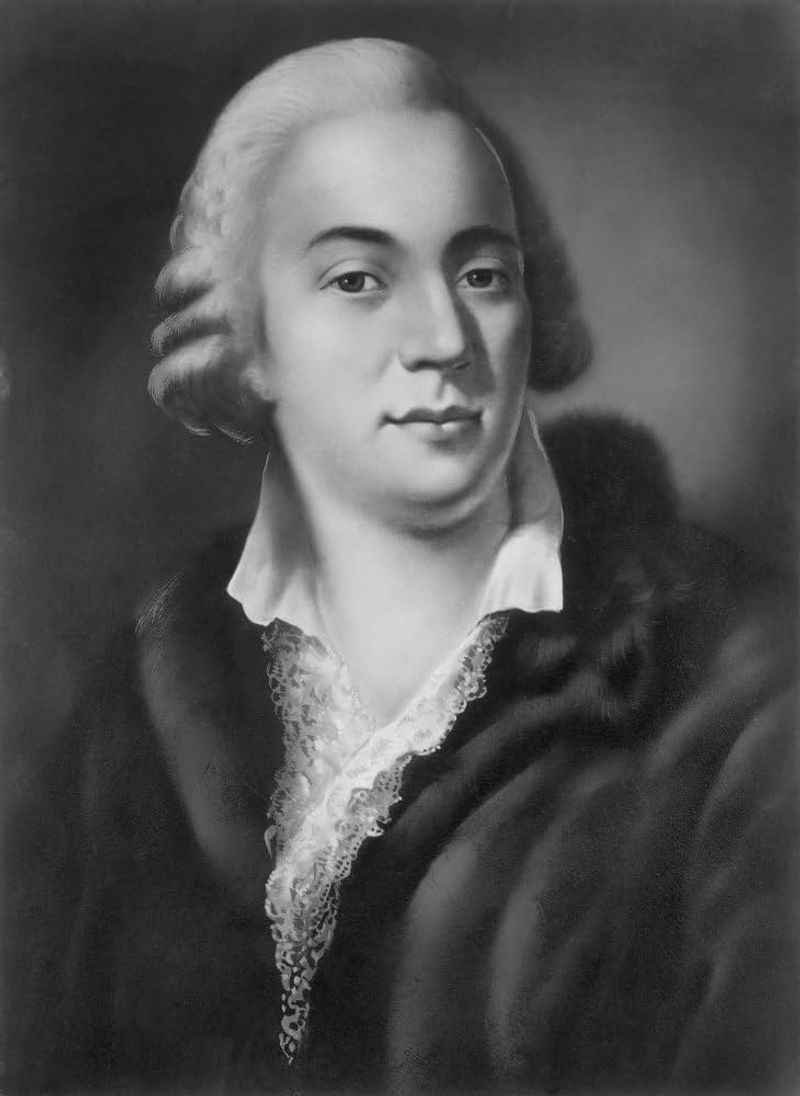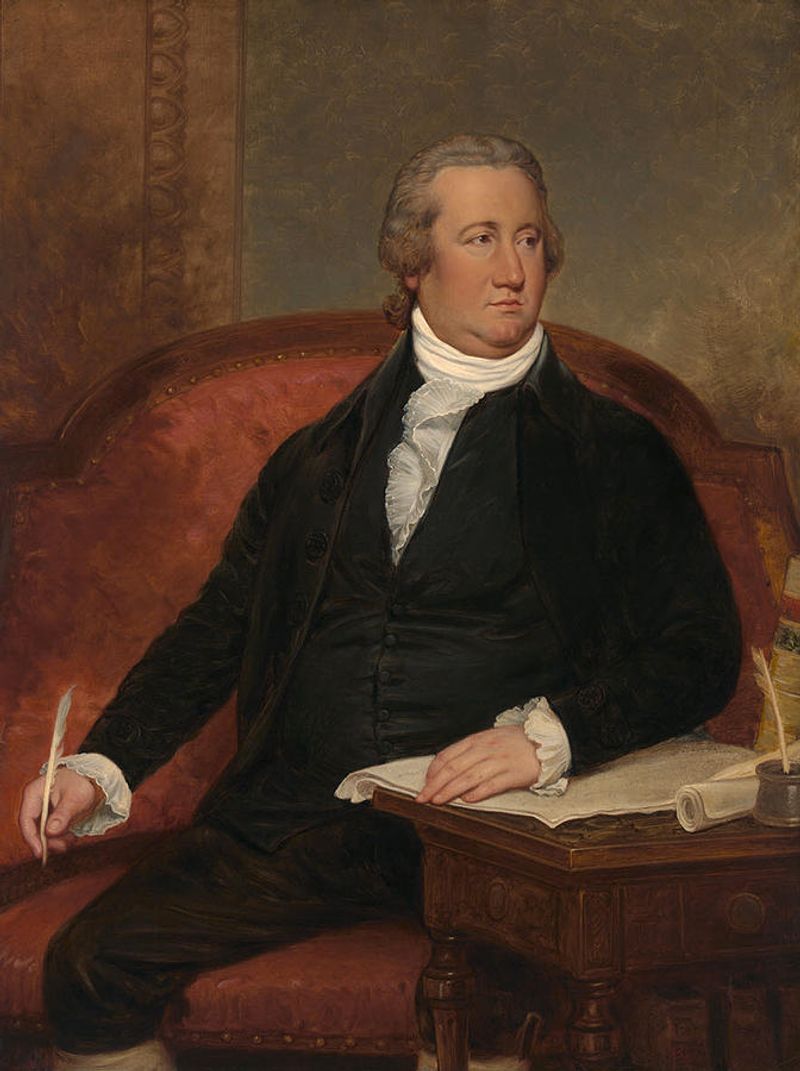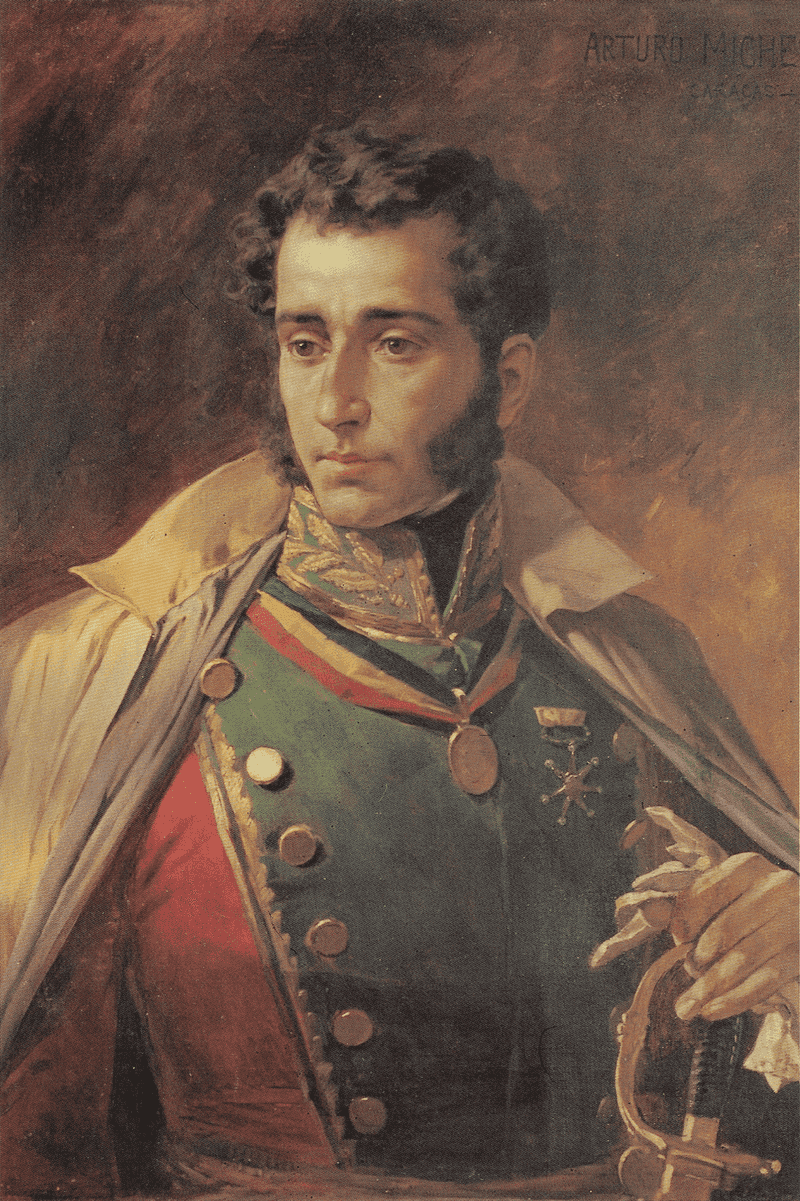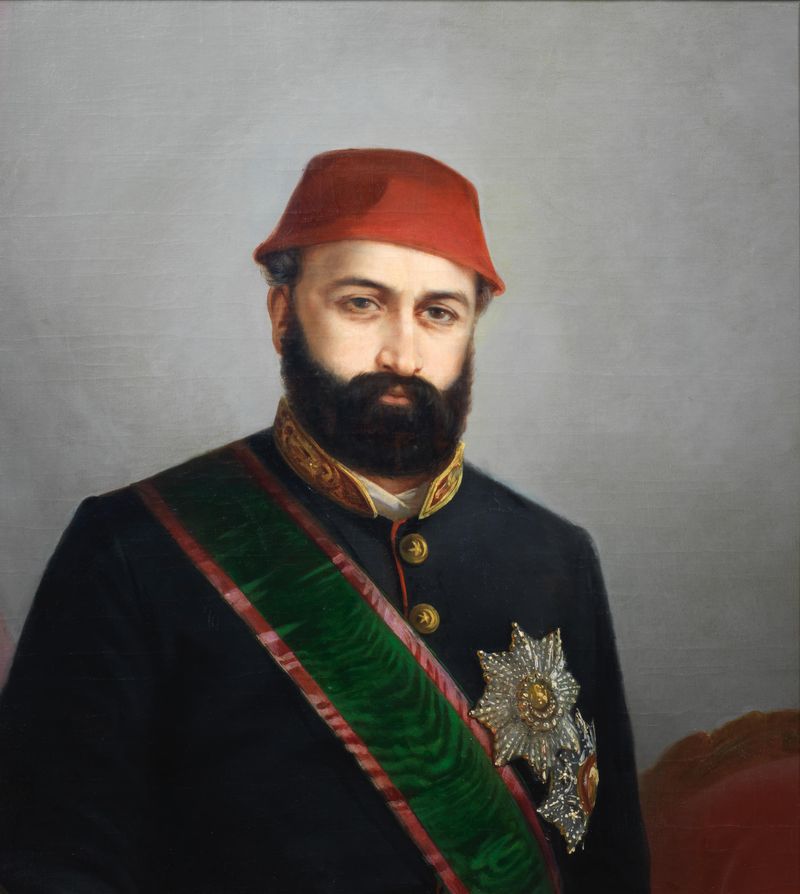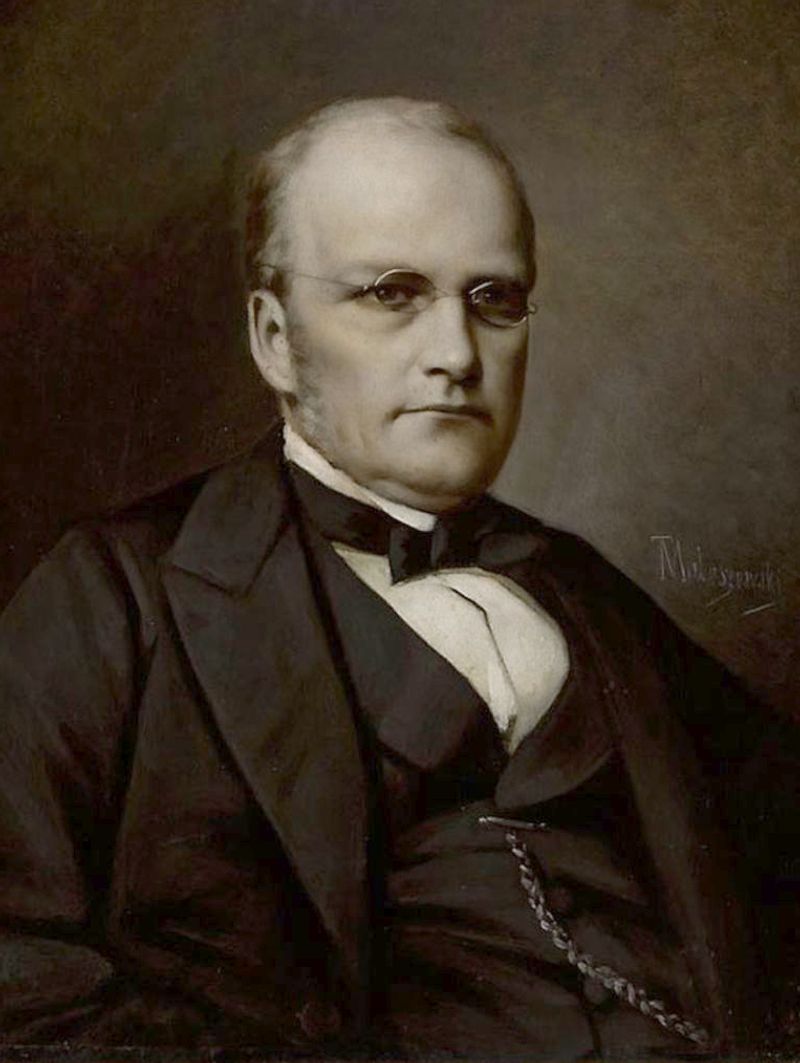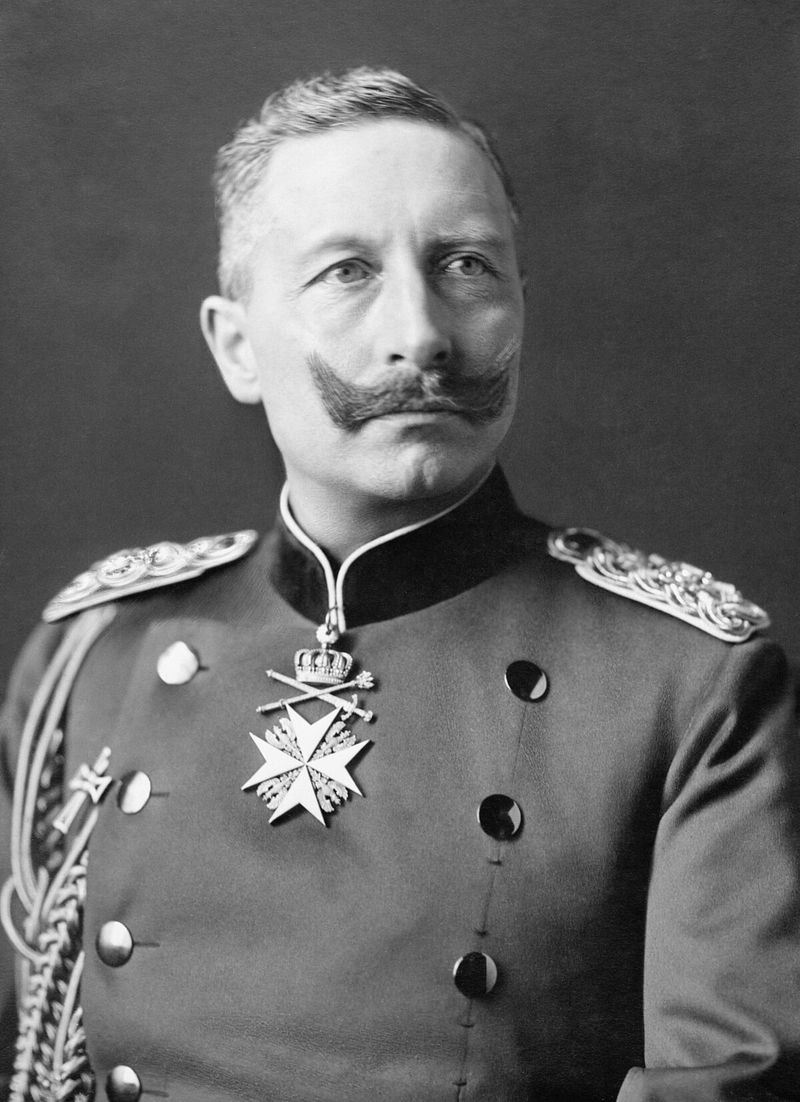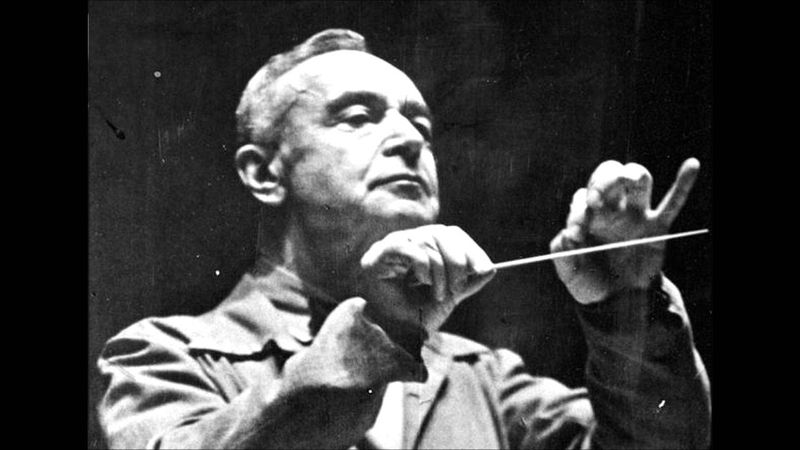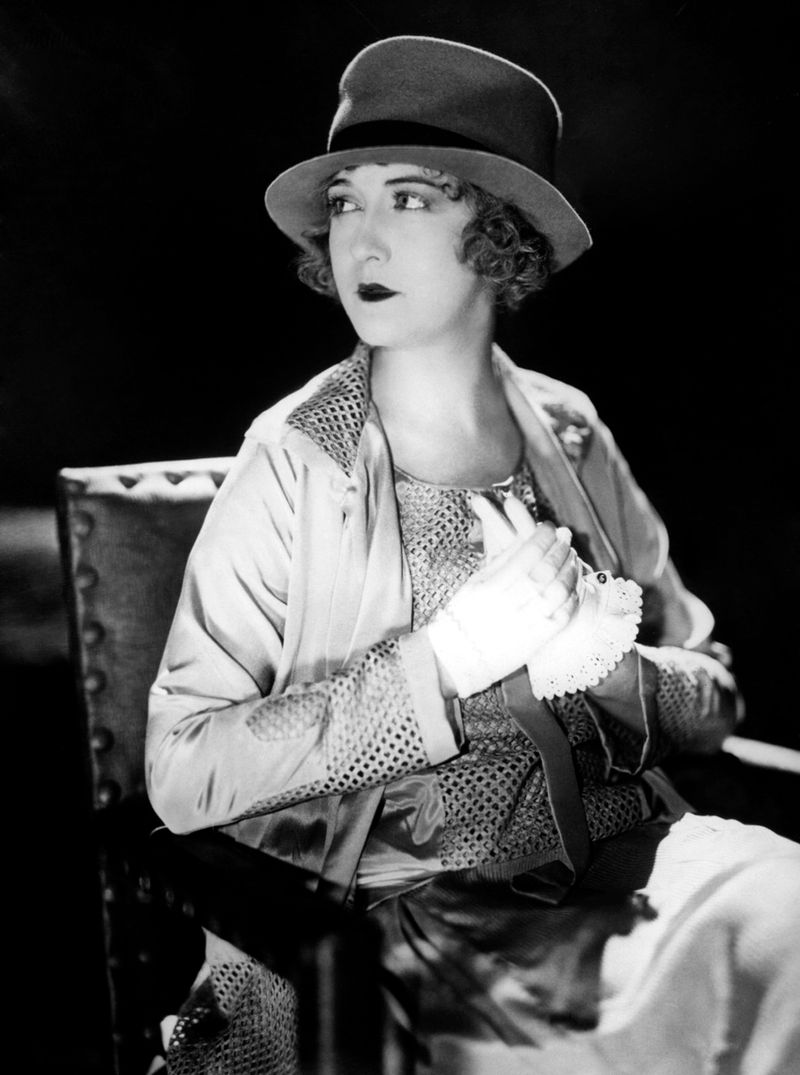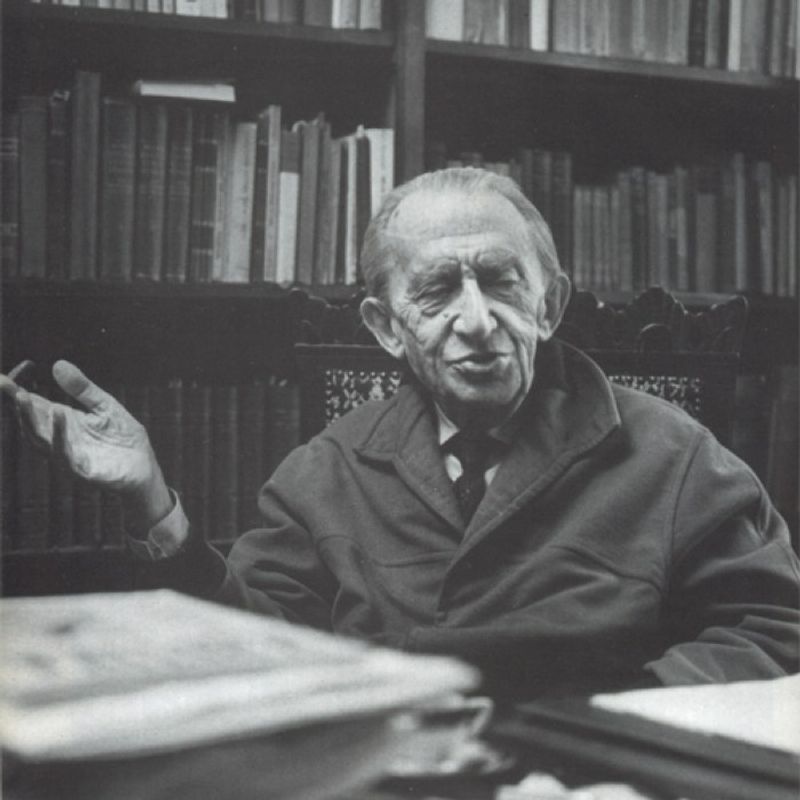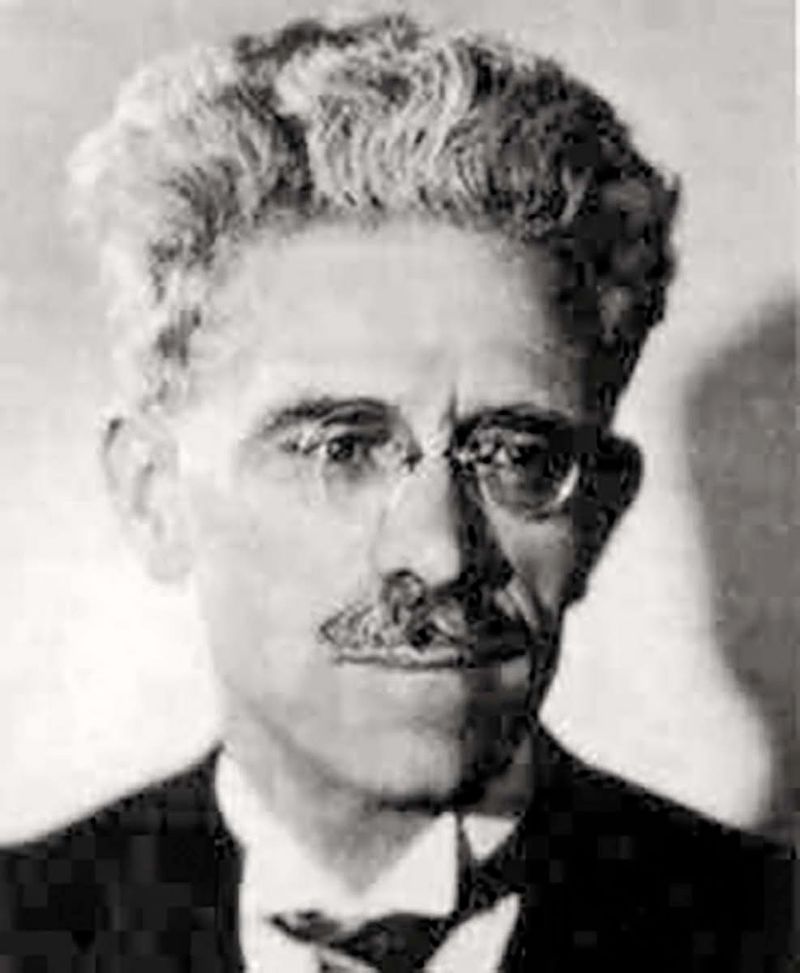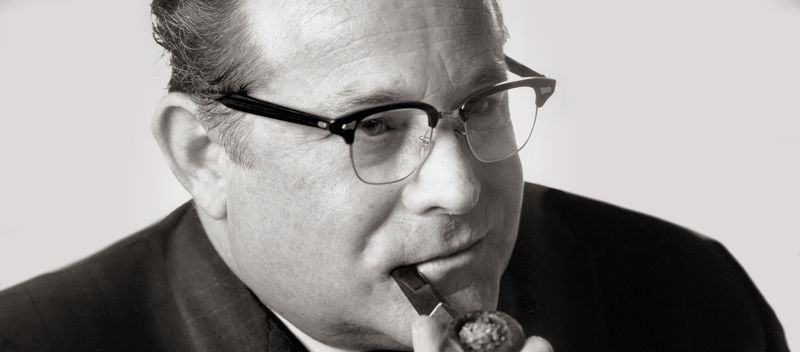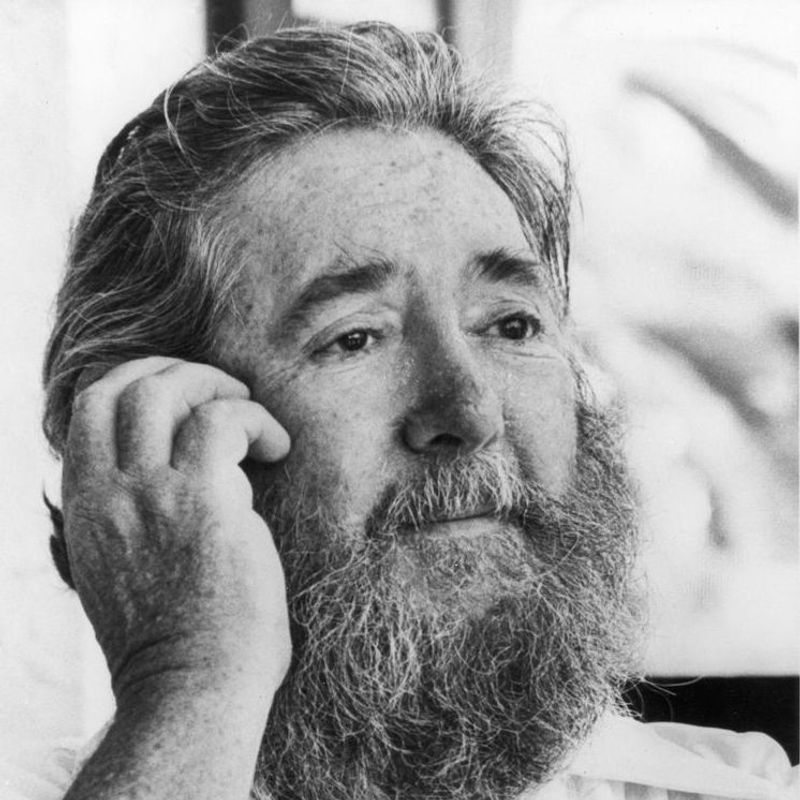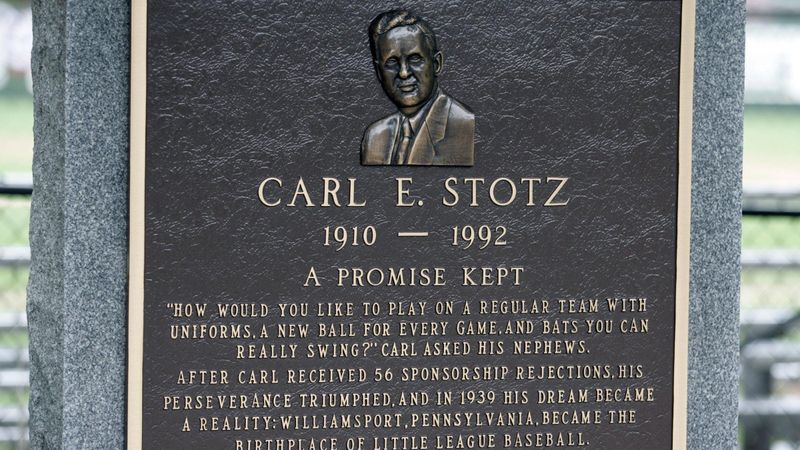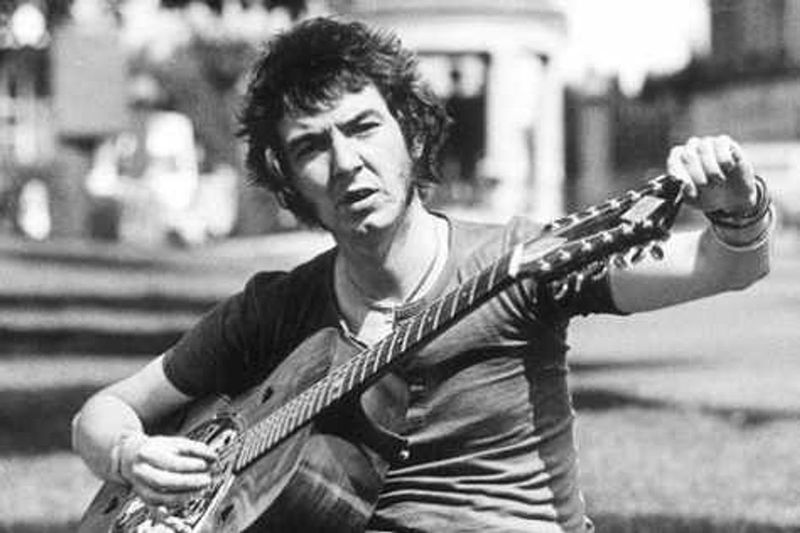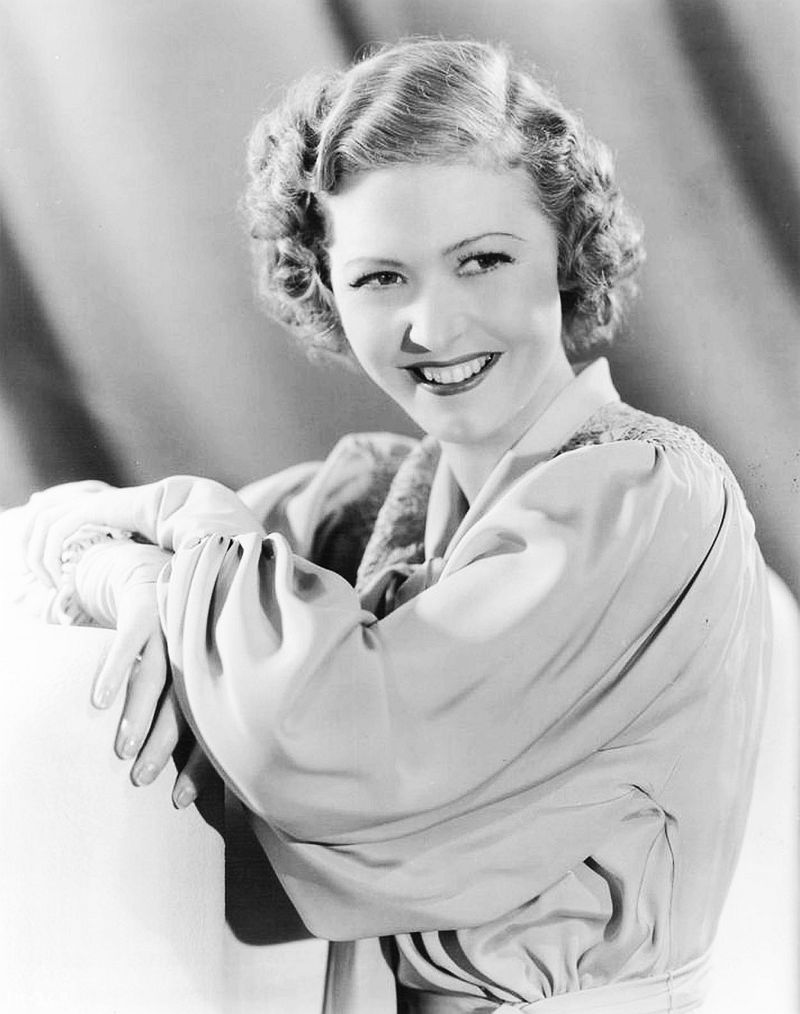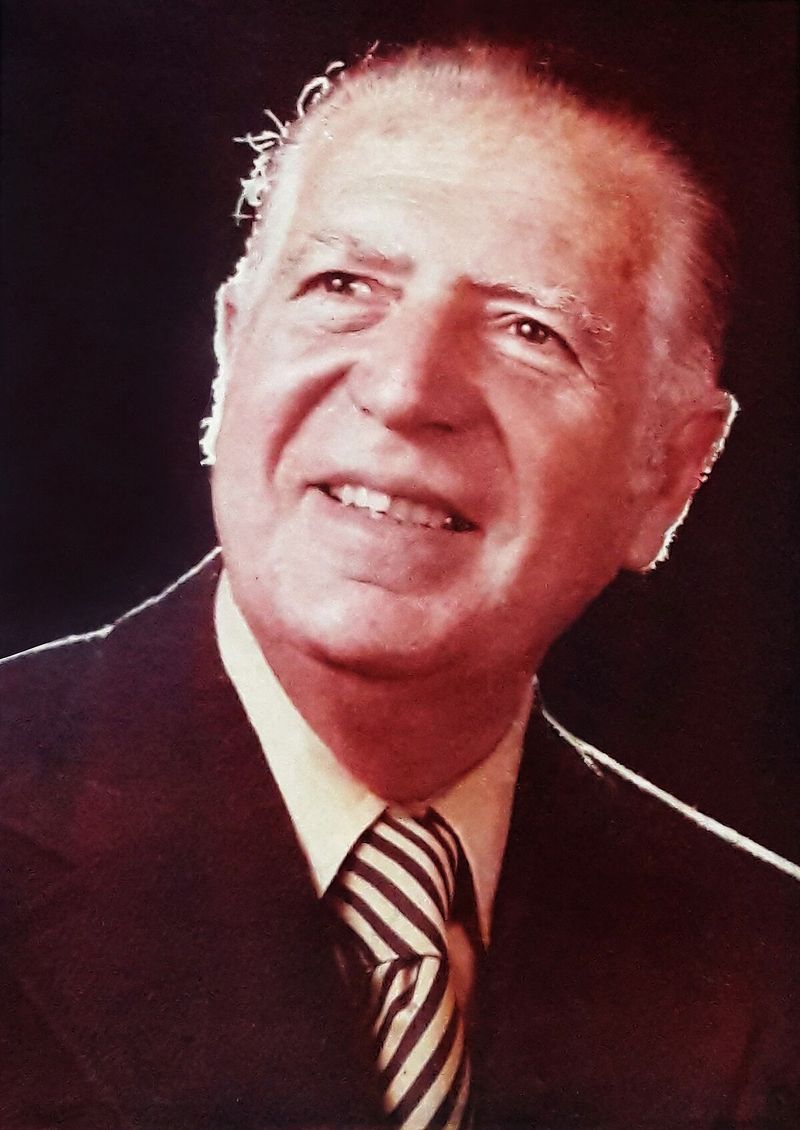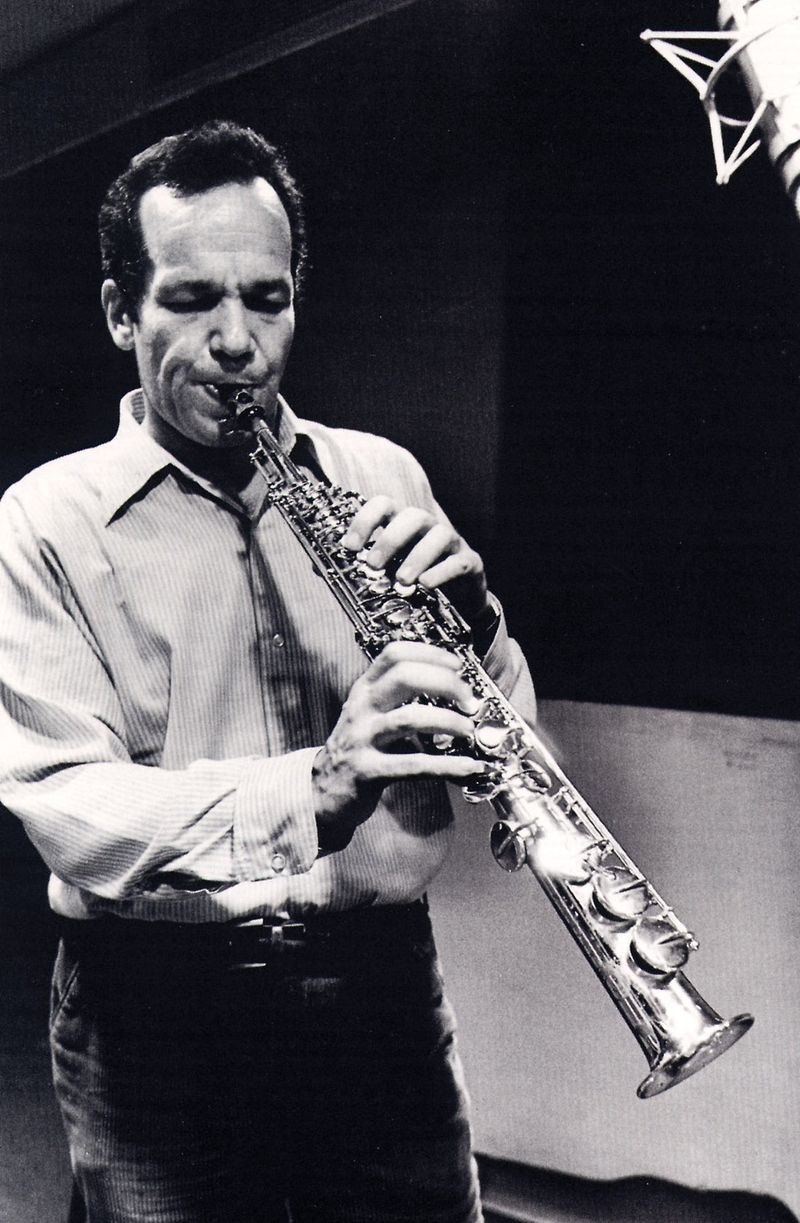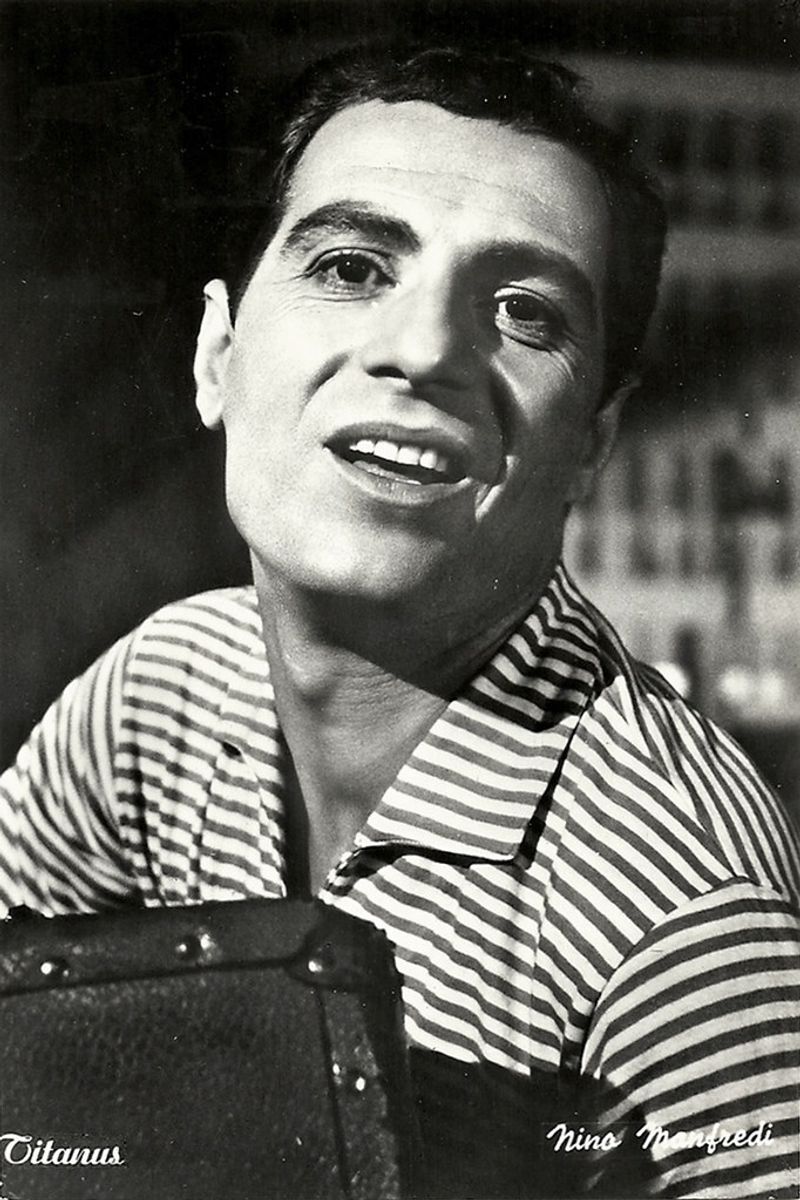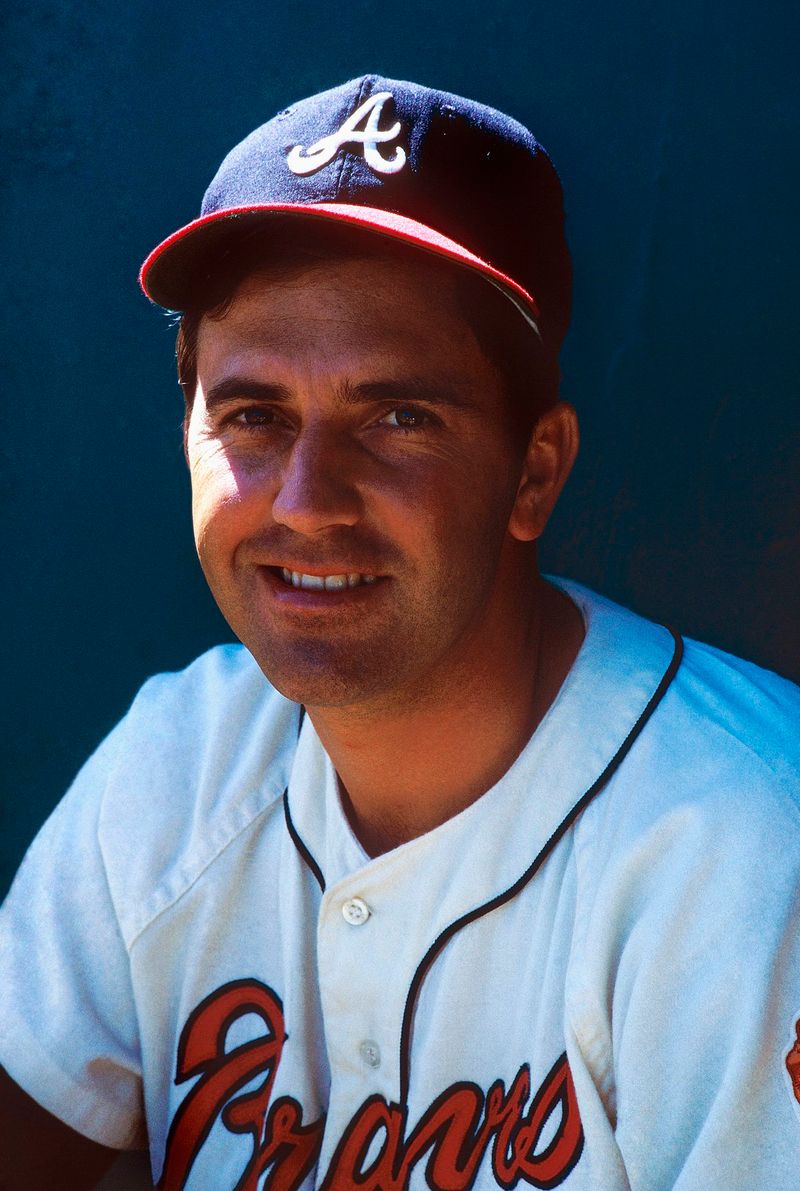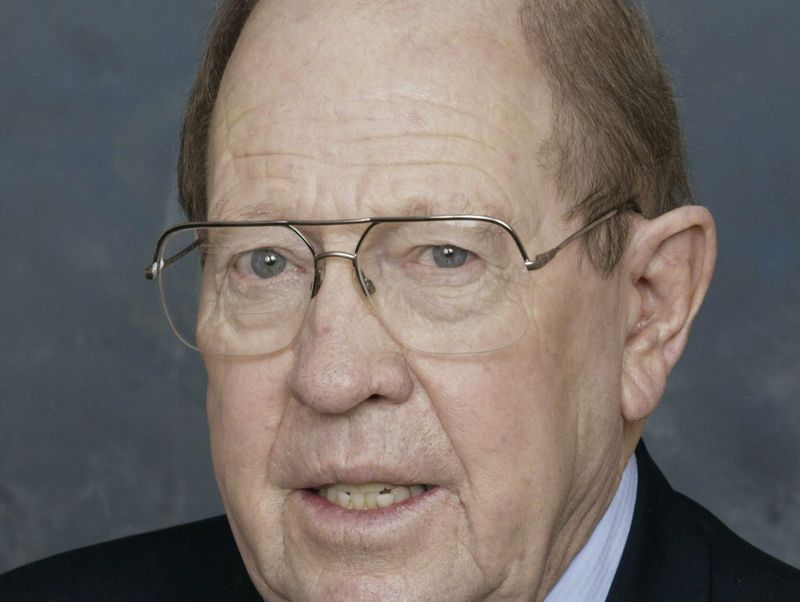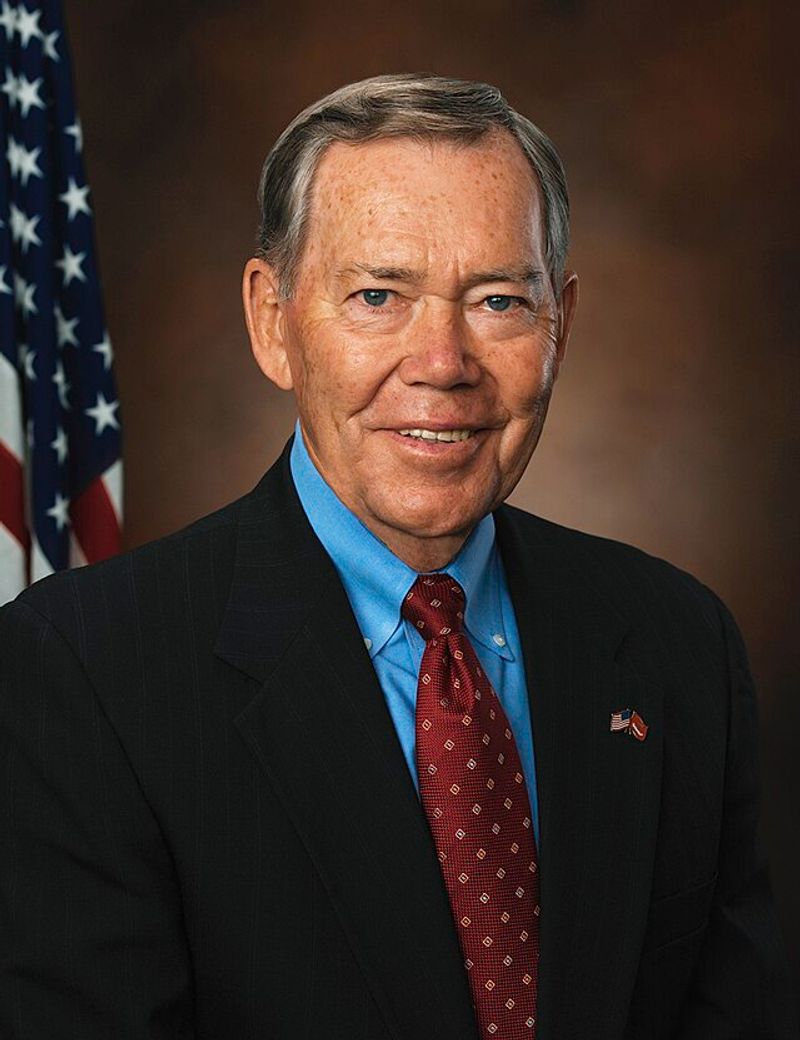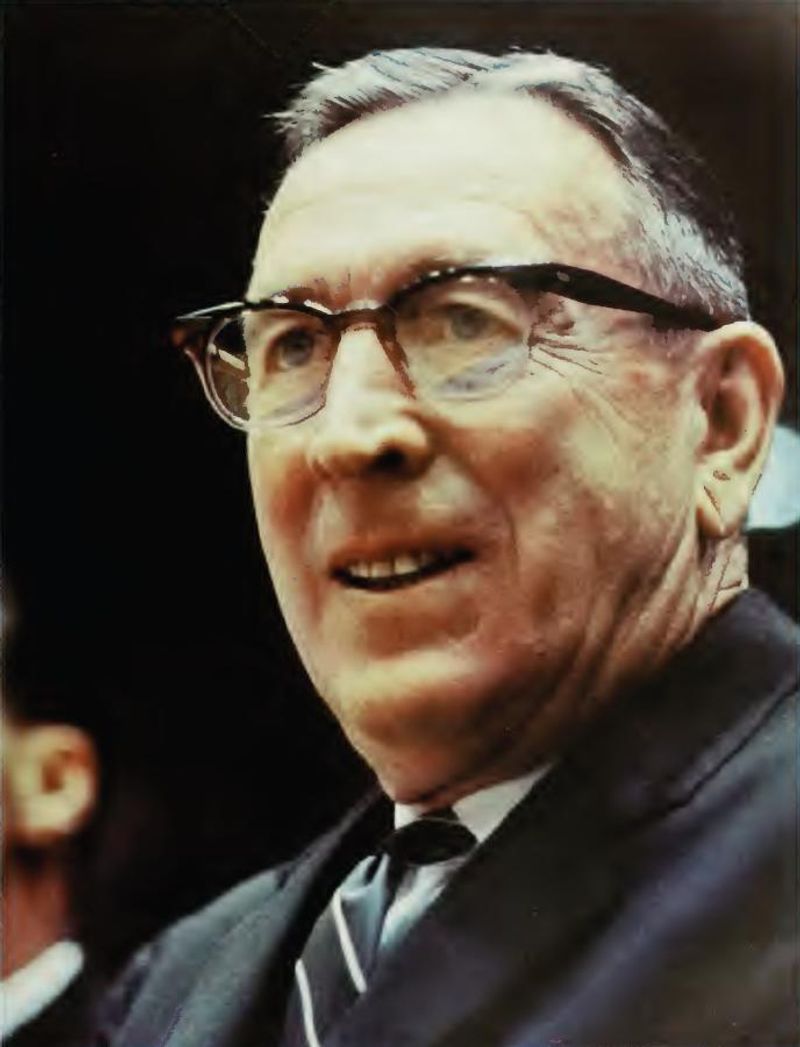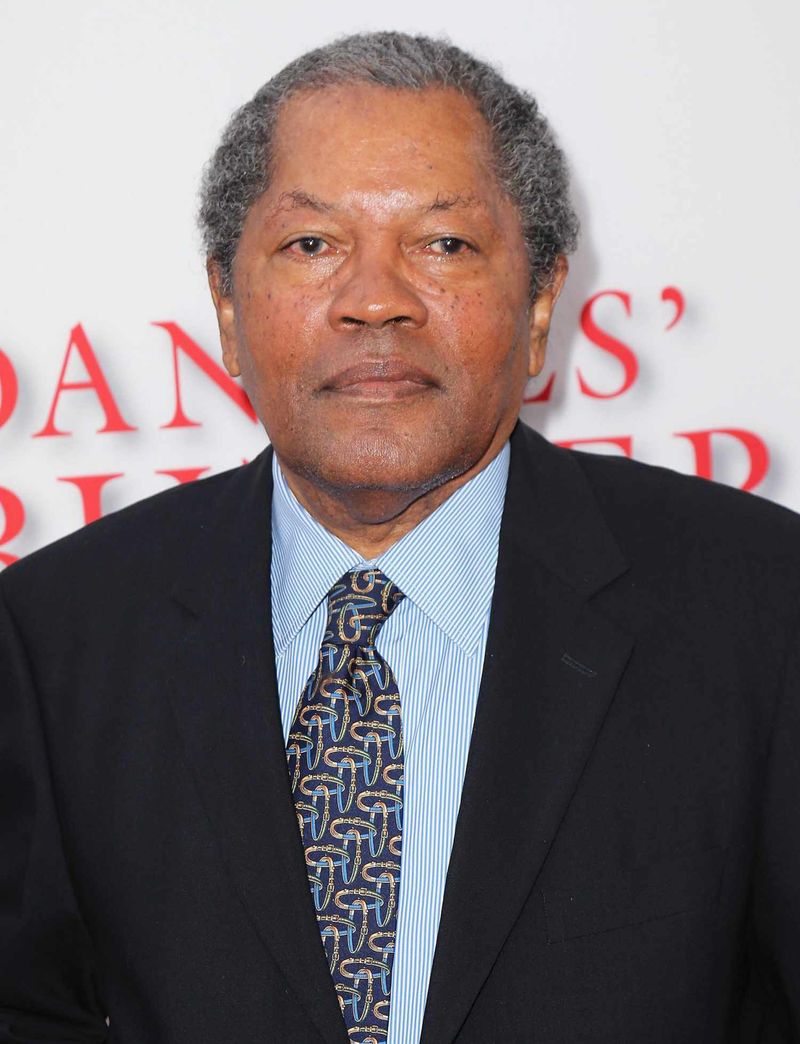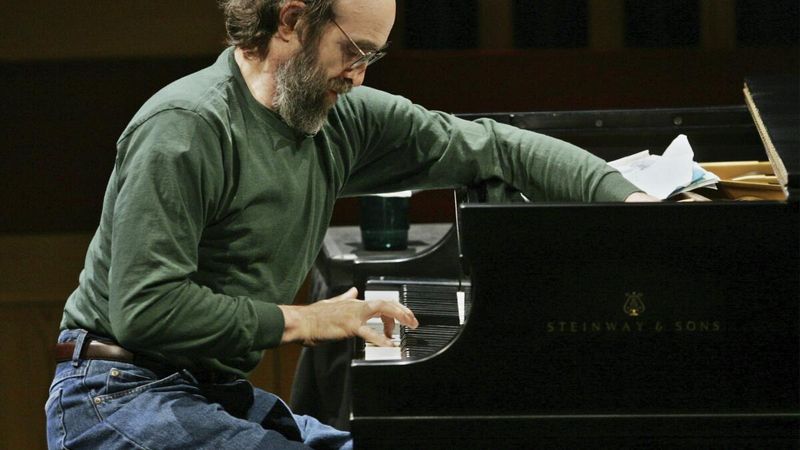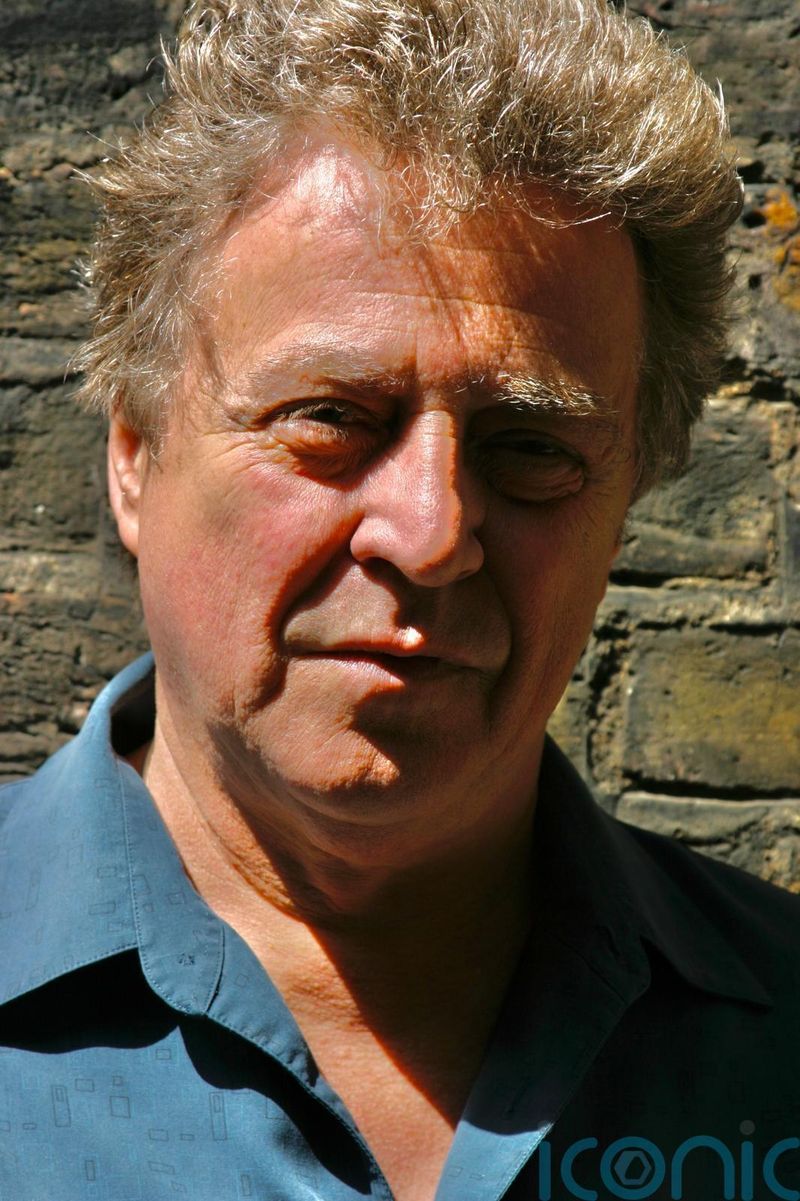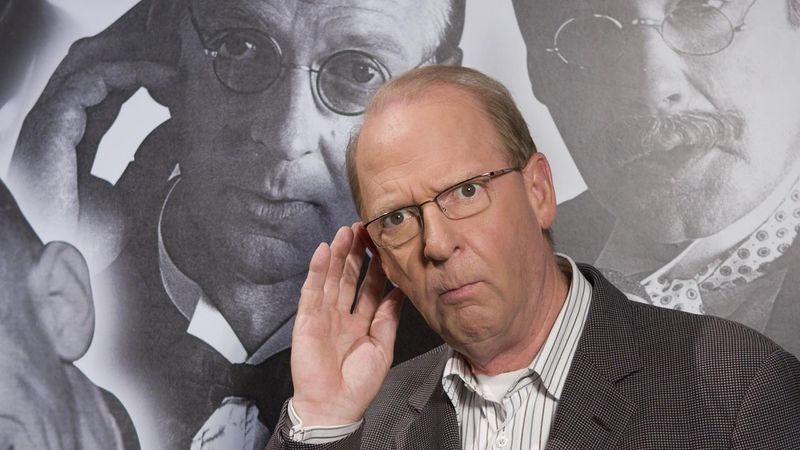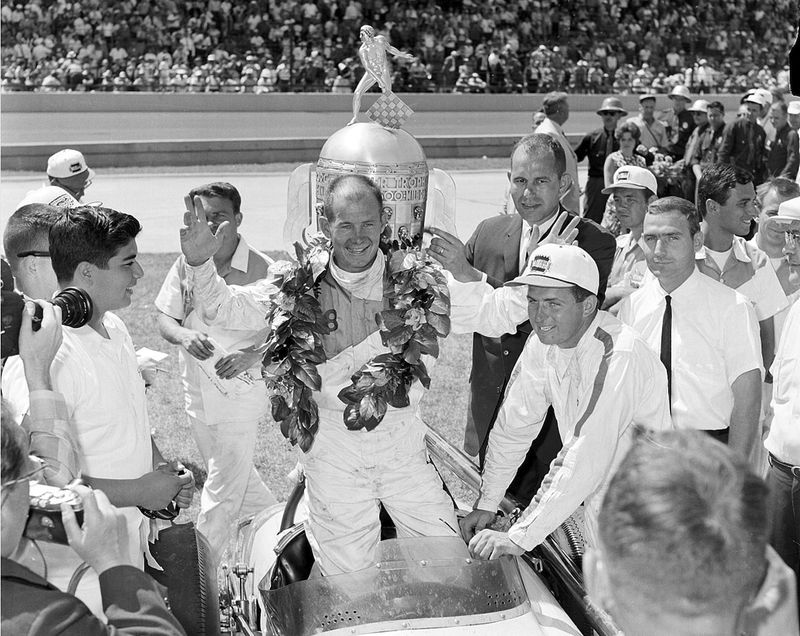Throughout history, June 4 has marked the passing of several notable figures. This blog post highlights 33 individuals who left a significant impact on their respective fields. From emperors and musicians to politicians and philosophers, these figures have shaped history in various ways. Each entry celebrates their unique contributions and lasting legacies.
1. Conrad II, Holy Roman Emperor, 1039
Conrad II, known for his strategic insight, reigned as Holy Roman Emperor from 1027 until his death. His rule was marked by consolidation and expansion of imperial authority. Known for his political acumen, Conrad navigated complex relationships with the church and nobility.
Under his reign, the empire saw significant legal and administrative reforms. These changes laid a foundation for future stability. Conrad’s efforts in strengthening the empire’s infrastructure were notable.
Did you know? Conrad was the first of the Salian dynasty, setting a precedent for future emperors. His legacy continued through his descendants.
2. Emperor Huizong, Chinese Emperor of the Song Dynasty, 1135
Emperor Huizong’s reign was a paradox of cultural flourish and political decline. An avid patron of the arts, he left a legacy rich in culture and aesthetics, promoting painting and calligraphy.
However, his focus on art led to neglect in governance. This oversight contributed to the Jin invasion and the fall of the Northern Song dynasty.
Interestingly, Huizong’s artistic influence extends even today, with his calligraphic style revered by scholars. Despite political failures, he remains a pivotal figure in Chinese cultural history.
3. Isabella of Angoulême, Queen consort of England, 1246
Isabella of Angoulême, known for her beauty and ambition, was a dynamic figure in English and French history. As the queen consort of King John, she played a crucial role in the political landscape of her time.
Her influence extended beyond England, involving in French political affairs after her husband’s death. Isabella’s assertive nature often stirred controversy.
Did you know? Her marriage to King John was arranged to secure her father’s alliance with England, illustrating her pivotal diplomatic role. Her life remains a testament to the complex nature of medieval queenship.
4. Mary de Bohun, English noblewoman, mother of King Henry V, 1394
Mary de Bohun, though she never became queen, was the mother of King Henry V, one of England’s most celebrated monarchs. Her marriage to Henry Bolingbroke, who later became King Henry IV, positioned her at the heart of English nobility.
Mary’s life was relatively private, overshadowed by her husband’s and son’s prominence. Yet, her noble lineage and her role as a mother were significant.
Her early death meant she never saw her son’s rise to power. Mary’s legacy is closely tied to the history of the Lancastrian kings.
5. Giacomo Casanova, Italian adventurer and writer, 1798
Giacomo Casanova, a name synonymous with charm and adventure, was much more than a legendary lover. His memoirs offer a vivid account of 18th-century Europe.
Casanova’s life was a tapestry of varied roles: a spy, a diplomat, and a writer, among others. His intelligence and wit opened doors to the courts of Europe.
Did you know? Casanova’s writings provide rare insights into Enlightenment-era society and culture. His ability to adapt and thrive in diverse environments remains fascinating to this day.
6. Frederick Muhlenberg, American politician, first Speaker of the U.S. House of Representatives, 1801
Frederick Muhlenberg, a key figure in early American politics, holds the distinction of being the first Speaker of the U.S. House of Representatives. His leadership helped shape the fledgling legislative branch.
Muhlenberg’s tenure was marked by efforts to balance emerging political factions. His ability to mediate was crucial during a formative period in U.S. history.
Interestingly, the Muhlenberg legend humorously attributes the failure of German becoming the U.S. official language to him. However, it’s a myth, illustrating his lasting symbolic presence in American cultural lore.
7. Antonio José de Sucre, Venezuelan independence leader and former President of Bolivia, 1830
Antonio José de Sucre, revered as a hero of Latin American independence, played a pivotal role in liberating South America from Spanish rule. His military acumen was crucial in the Battle of Ayacucho, which secured Peru’s independence.
Sucre’s presidency in Bolivia was brief, yet impactful, promoting reforms and stability. His commitment to republican ideals was evident throughout his career.
Did you know? Sucre’s untimely assassination remains shrouded in mystery, but his legacy as a liberator and statesman endures. His life encapsulates a critical period in history.
8. Abdülaziz, Sultan of the Ottoman Empire, 1876
Abdülaziz’s reign as Sultan of the Ottoman Empire was marked by attempts at modernizing the empire amidst growing European influence. His interest in Western technology and culture was notable.
Despite his efforts, Abdülaziz faced internal dissent and financial crises. His deposition in a coup highlighted the empire’s instability during the 19th century.
Interestingly, Abdülaziz was the first Ottoman sultan to travel to Europe, reflecting his desire to bridge cultural divides. His legacy is a complex mix of reform and turmoil.
9. Stanisław Moniuszko, Polish composer, 1872
Stanisław Moniuszko, a luminary in Polish music, is often called the father of Polish national opera. His works resonate with Polish folklore and national identity.
Moniuszko’s compositions, like “Halka” and “The Haunted Manor,” remain staples in Polish cultural repertoire. His ability to blend traditional themes with musical innovation was remarkable.
Did you know? Moniuszko’s influence extends beyond Poland, contributing to the broader Romantic music movement. His legacy endures in concert halls to this day, celebrating Polish heritage and artistry.
10. Wilhelm II, German Emperor and King of Prussia, 1941
Wilhelm II, the last German Emperor, led Germany into World War I, a monumental event that reshaped the world. His reign was characterized by ambition and controversy.
Despite his initial popularity, Wilhelm’s aggressive policies and military focus contributed to tensions in Europe. His abdication marked the end of the German monarchy.
Interestingly, Wilhelm spent his final years in exile in the Netherlands, reflecting on his tumultuous reign. His legacy remains a topic of debate among historians, illustrating the complexities of leadership.
11. Serge Koussevitzky, Russian-born conductor and composer, 1951
Serge Koussevitzky, a visionary conductor and composer, was instrumental in elevating the Boston Symphony Orchestra to international acclaim. His passion for music and talent for conducting set him apart.
Koussevitzky’s support for contemporary composers broadened the orchestra’s repertoire, introducing audiences to modern music. His legacy includes the promotion of works by Stravinsky and Prokofiev.
Interestingly, Koussevitzky founded the Tanglewood Music Center, nurturing future generations of musicians. His influence extends beyond conducting, shaping American musical education.
12. Dorothy Gish, American actress, 1968
Dorothy Gish, a star of early American cinema, was celebrated for her expressive acting and comedic timing. Her career in silent films, alongside her sister Lillian, left a lasting impact on the film industry.
Gish transitioned to sound films and theater, showcasing her versatility. Her ability to adapt to changing entertainment landscapes was admirable.
Did you know? Despite being overshadowed by her sister, Dorothy’s contributions to film innovation and storytelling are significant. Her performances continue to inspire actors today.
13. György Lukács, Hungarian Marxist philosopher and literary critic, 1971
György Lukács was a seminal figure in Marxist philosophy and literary criticism, known for his sharp intellect and profound analyses. His works explored class consciousness and realism.
Lukács’ influence extended to Western Marxism, shaping critical theory. His commitment to intellectual discourse in politically turbulent times was noteworthy.
Interestingly, Lukács was a part of the Hungarian government during the 1956 revolution, reflecting his deep involvement in politics. His legacy endures through his writings, inspiring scholars worldwide.
14. Maurice René Fréchet, French mathematician, 1973
Maurice René Fréchet was a pioneering mathematician whose work laid the foundation for modern topology and functional analysis. His innovative contributions to mathematics were groundbreaking.
Fréchet’s theories on metric spaces and analysis influenced generations of mathematicians. His dedication to advancing mathematical thought was remarkable.
Did you know? Fréchet’s influence extends to numerous fields, including statistics and probability. His legacy continues to shape the mathematical sciences, inspiring ongoing research and discovery.
15. Murry Wilson, American musician and record producer, 1973
Murry Wilson, father of three Beach Boys members, played a crucial role in the band’s early career. As a musician and producer, he influenced American pop music’s landscape.
Wilson’s managerial style was often controversial, yet his contributions to the Beach Boys’ success were significant. His complex relationship with his sons added depth to their story.
Did you know? Despite tensions, Wilson’s legacy in the music industry endures, with the Beach Boys’ harmonies captivating audiences worldwide. His impact on music history is undeniable.
16. Dik Browne, American cartoonist, creator of “Hägar the Horrible”, 1989
Dik Browne, a beloved cartoonist, brought laughter to millions with his creation of “Hägar the Horrible.” His humor and artistic skill left an indelible mark on the world of comics.
Browne’s ability to capture the absurdity of Viking life in a light-hearted manner was remarkable. His characters resonated with audiences, making them household names.
Did you know? Browne’s background in advertising informed his comic style, blending wit with visual storytelling. His legacy continues to entertain and inspire artists globally.
17. Stiv Bators, American punk rock vocalist, 1990
Stiv Bators, an icon of punk rock, captivated audiences with his energetic performances and rebellious spirit. As the lead vocalist for the Dead Boys and Lords of the New Church, Bators’ influence was significant.
His stage presence and raw vocal style defined an era in punk music. Bators’ passion for music and his unrelenting energy were infectious.
Did you know? Bators’ antics on stage were legendary, often involving daring stunts. His legacy in the punk scene remains influential, inspiring musicians to this day.
18. Carl Stotz, American founder of Little League Baseball, 1992
Carl Stotz, the visionary behind Little League Baseball, changed the landscape of youth sports. His dedication to creating opportunities for children to play organized baseball was transformative.
Stotz’s vision emphasized fair play, teamwork, and community. His legacy is seen in the millions of children who participate in Little League worldwide.
Did you know? Stotz’s idea began with a simple desire to create a structured environment for his nephews. His impact on youth sports is profound, fostering a love for baseball in countless young athletes.
19. Derek Leckenby, English guitarist, member of Herman’s Hermits, 1994
Derek Leckenby, guitarist for Herman’s Hermits, was instrumental in crafting the band’s distinctive sound. His musicianship helped the band achieve international fame in the 1960s.
Leckenby’s guitar work added depth and flair to the band’s hits, contributing to their enduring appeal. His passion for music was evident in every performance.
Did you know? Despite the band’s playful image, Leckenby’s technical prowess was respected among peers. His legacy in rock music continues to resonate, inspiring guitarists worldwide.
20. Ronnie Lane, English musician, member of Small Faces and Faces, 1997
Ronnie Lane, beloved for his soulful bass playing and songwriting, was a key figure in British rock music. As a member of Small Faces and Faces, his influence was profound.
Lane’s musical journey was marked by creativity and collaboration, contributing to classic rock anthems. His gentle humor and artistry endeared him to fans.
Did you know? Lane’s legacy extends beyond music, with his charitable efforts supporting multiple sclerosis research. His impact on music and philanthropy remains celebrated.
21. Josephine Hutchinson, American actress, 1998
Josephine Hutchinson, a star of stage and screen, was celebrated for her dramatic roles and captivating presence. Her career spanned silent films to television, showcasing her versatility.
Hutchinson’s performances were characterized by depth and emotion, earning her acclaim in Hollywood’s golden era. Her dedication to her craft was unwavering.
Did you know? Hutchinson was part of the Federal Theatre Project, supporting the arts during the Great Depression. Her legacy in entertainment endures, inspiring actresses today.
22. Fernando Belaúnde Terry, Former President of Peru, 2002
Fernando Belaúnde Terry, a visionary leader, served as President of Peru during two non-consecutive terms. His focus on infrastructure and social reform brought positive changes to Peru.
Belaúnde’s dedication to democracy and human rights was evident throughout his career. His vision for a unified and prosperous Peru guided his policies.
Did you know? Belaúnde was an architect by profession, and his influence on urban planning can still be seen in Peru. His legacy as a statesman remains influential in Peruvian history.
23. Steve Lacy, American jazz saxophonist and composer, 2004
Steve Lacy, a pioneer in the world of jazz, was renowned for his innovative approach to the soprano saxophone. His influence extended across multiple generations of musicians.
Lacy’s collaborations with jazz legends broadened the genre’s horizons, incorporating avant-garde elements into his music. His creativity and passion were unmatched.
Did you know? Lacy’s dedication to Thelonious Monk’s compositions helped revive interest in Monk’s work. His legacy in jazz continues to inspire musicians, celebrating improvisation and exploration.
24. Nino Manfredi, Italian actor and director, 2004
Nino Manfredi, a cherished figure in Italian cinema, was known for his versatility and charm. His performances in both comedic and dramatic roles captivated audiences.
Manfredi’s contributions to Italian film were significant, with memorable roles that highlighted his range as an actor. His ability to connect with audiences was unparalleled.
Did you know? Manfredi’s work extended to directing, showcasing his multifaceted talent. His legacy in Italian arts remains influential, inspiring filmmakers and actors alike.
25. Clete Boyer, American Major League Baseball player, 2007
Clete Boyer, celebrated for his defensive prowess, was a standout third baseman in Major League Baseball. His career with the New York Yankees was marked by excellence.
Boyer’s skill on the field earned him a reputation as one of the best defenders of his era. His passion for the game was evident in every play.
Did you know? Boyer’s legacy extends beyond baseball, with his family producing multiple professional athletes. His impact on the sport continues to inspire future generations.
26. Bill France Jr., American motorsports executive, 2007
Bill France Jr., a pivotal figure in motorsports, was instrumental in transforming NASCAR into a premier racing series. His leadership and vision expanded the sport’s appeal.
France’s ability to innovate and adapt ensured NASCAR’s place in American culture. His commitment to the sport’s integrity was unwavering.
Did you know? France’s efforts in promoting safety and diversity in racing were groundbreaking. His legacy in motorsports is celebrated by fans and racers alike, shaping the future of racing.
27. Craig L. Thomas, American politician, U.S. Senator from Wyoming, 2007
Craig L. Thomas was a dedicated public servant who represented Wyoming in the U.S. Senate. His focus on natural resources and education resonated with his constituents.
Thomas championed policies that prioritized rural development and environmental conservation. His efforts in the Senate were marked by collaboration and bipartisanship.
Did you know? Thomas’ legacy includes significant contributions to national parks and wildlife preservation. His commitment to public service continues to inspire leaders in Wyoming and beyond.
28. John Wooden, American basketball coach and player, 2010
John Wooden, known as the “Wizard of Westwood,” was a legendary basketball coach whose impact on the sport is unparalleled. His tenure at UCLA set records that still stand today.
Wooden’s coaching philosophy focused on discipline, teamwork, and integrity. His ability to nurture talent was instrumental in shaping successful athletes.
Did you know? Wooden’s “Pyramid of Success” remains a blueprint for excellence and leadership. His legacy in sports and education is celebrated, inspiring coaches and players worldwide.
29. Clarence Williams III, American actor, known for “The Mod Squad”, 2021
Clarence Williams III, celebrated for his role in “The Mod Squad,” was a trailblazer for African American actors in television. His dramatic flair and intensity were hallmarks of his performances.
Williams’ career spanned decades, with roles in film and TV that showcased his range. His dedication to his craft was evident in every portrayal.
Did you know? Williams’ role in “The Mod Squad” broke barriers, paving the way for greater diversity on screen. His legacy in acting continues to inspire new generations.
30. George Winston, American pianist, known for “Autumn” and “December”, 2023
George Winston, a master of contemporary solo piano music, was renowned for his evocative compositions. His albums “Autumn” and “December” are beloved by audiences worldwide.
Winston’s ability to convey emotion through music was unparalleled. His performances transported listeners, blending classical, jazz, and folk influences.
Did you know? Winston’s dedication to music extended to environmental causes, with proceeds from his concerts supporting various charities. His legacy in music and philanthropy endures.
31. Nicholas Ball, English actor, known for “Hazell” and “EastEnders”, 2024
Nicholas Ball, a versatile English actor, captivated audiences with roles in “Hazell” and “EastEnders.” His ability to embody diverse characters was noteworthy.
Ball’s contributions to British television were significant, with performances that left a lasting impression. His dedication to his craft was unwavering.
Did you know? Ball’s role in “Hazell” was groundbreaking, presenting a new kind of detective drama. His legacy in television continues to influence actors and producers.
32. John Blackman, Australian radio and television presenter, 2024
John Blackman, a beloved figure in Australian broadcasting, was known for his quick wit and engaging presence. His contributions to radio and television were immense.
Blackman’s voice became iconic through his work on “Hey Hey It’s Saturday,” a show that captured the hearts of Australians. His humor and charm were infectious.
Did you know? Blackman’s ability to connect with audiences across generations ensured his lasting popularity. His legacy in entertainment is celebrated nationwide, inspiring broadcasters.
33. Parnelli Jones, American race car driver, winner of the 1963 Indianapolis 500, 2024
Parnelli Jones, a legendary race car driver, is celebrated for his victory at the 1963 Indianapolis 500. His fearless driving style and competitive spirit were legendary.
Jones’ contributions to motorsport extended beyond racing, with innovations that improved safety and performance. His influence on the sport was profound.
Did you know? Jones’ legacy includes pioneering work in off-road racing, showcasing his versatility. His impact on motorsports continues to inspire racers and fans alike.
